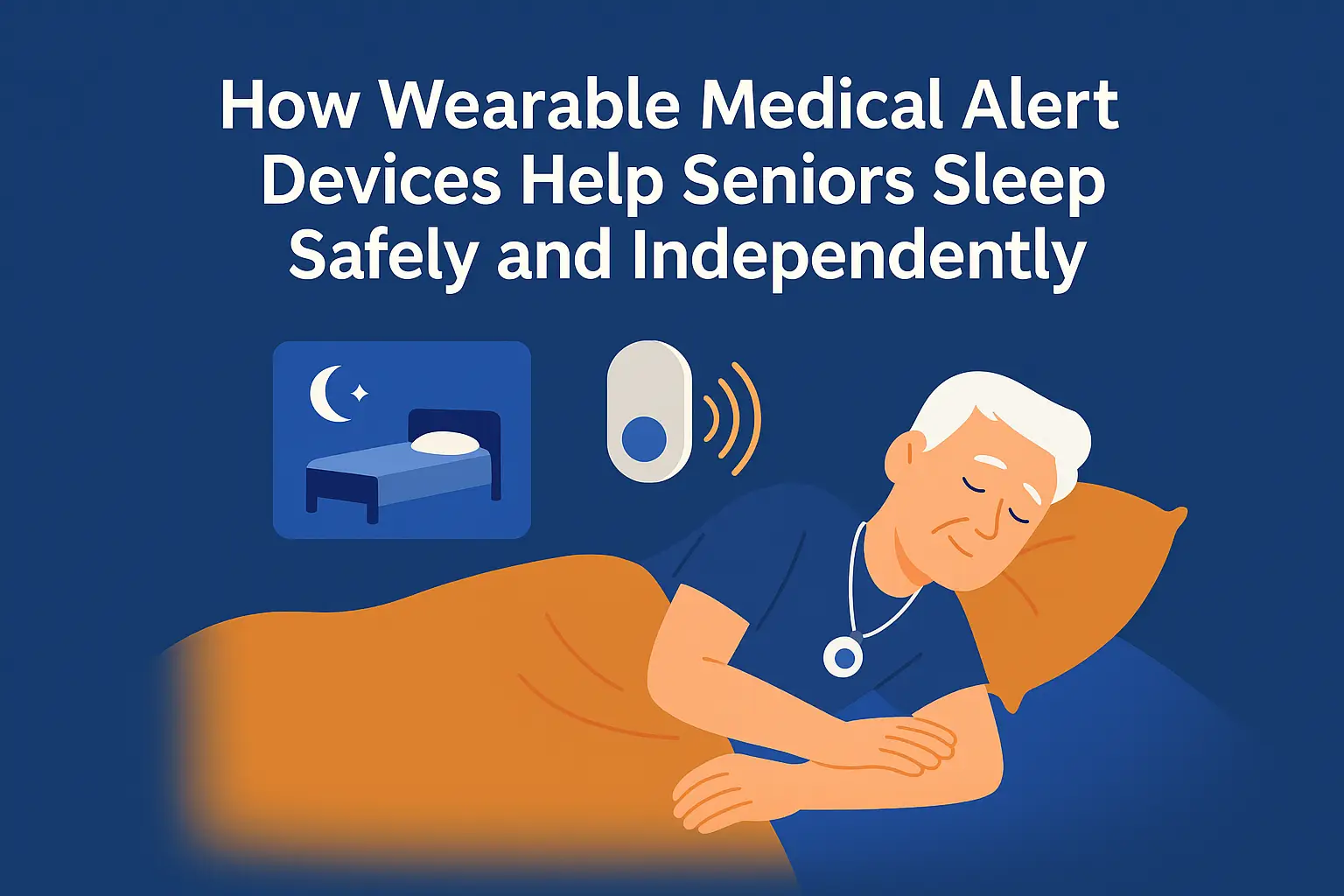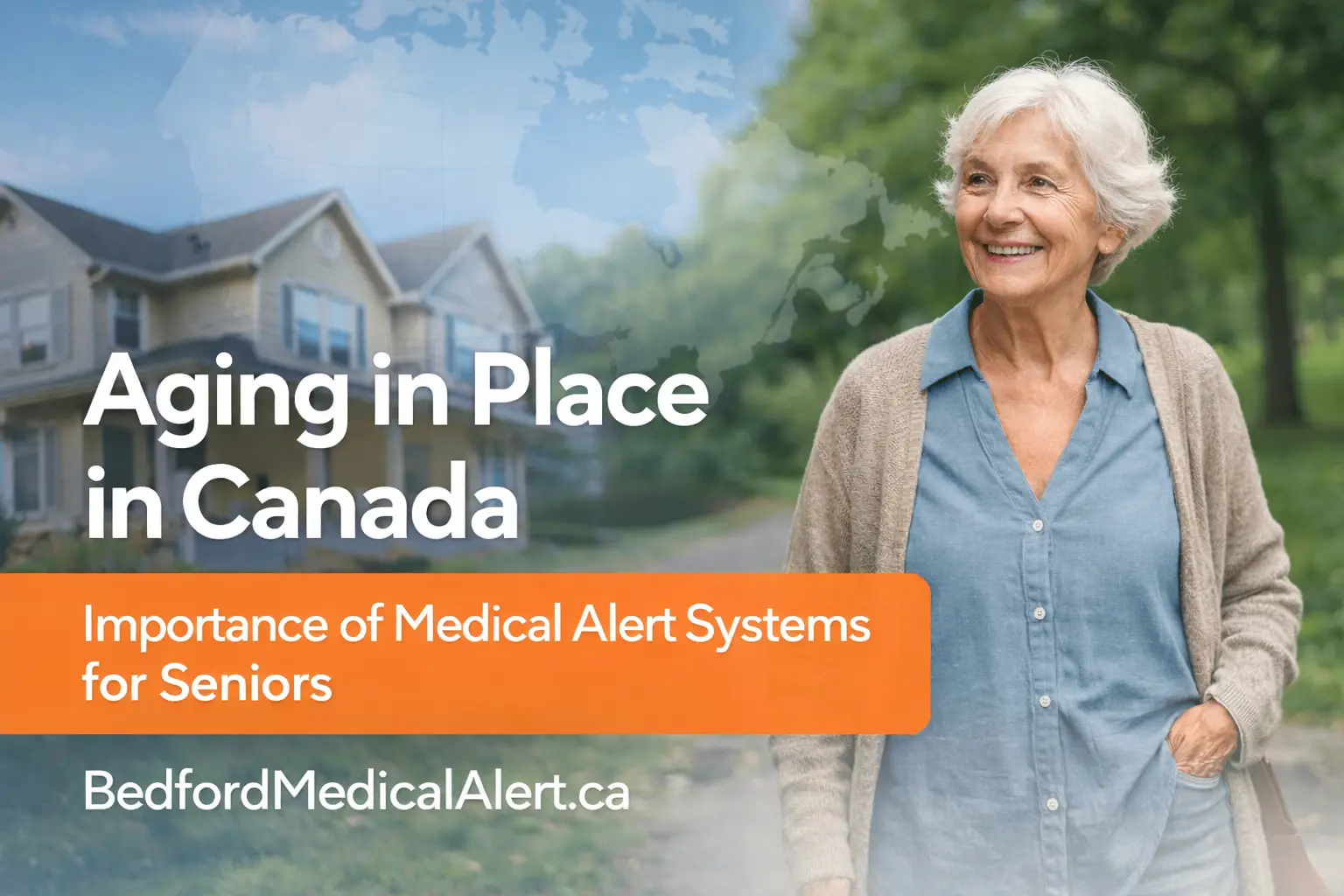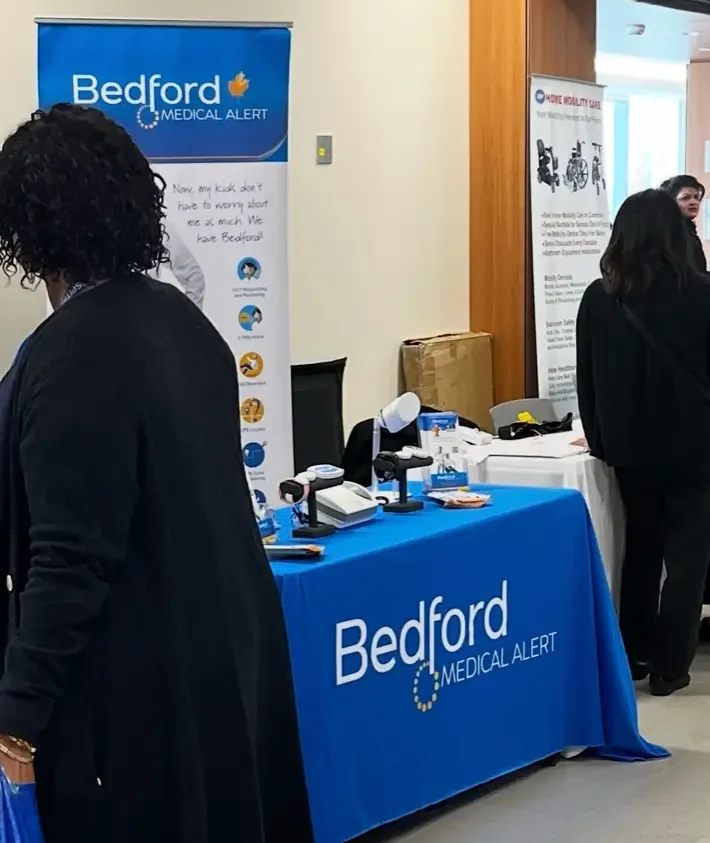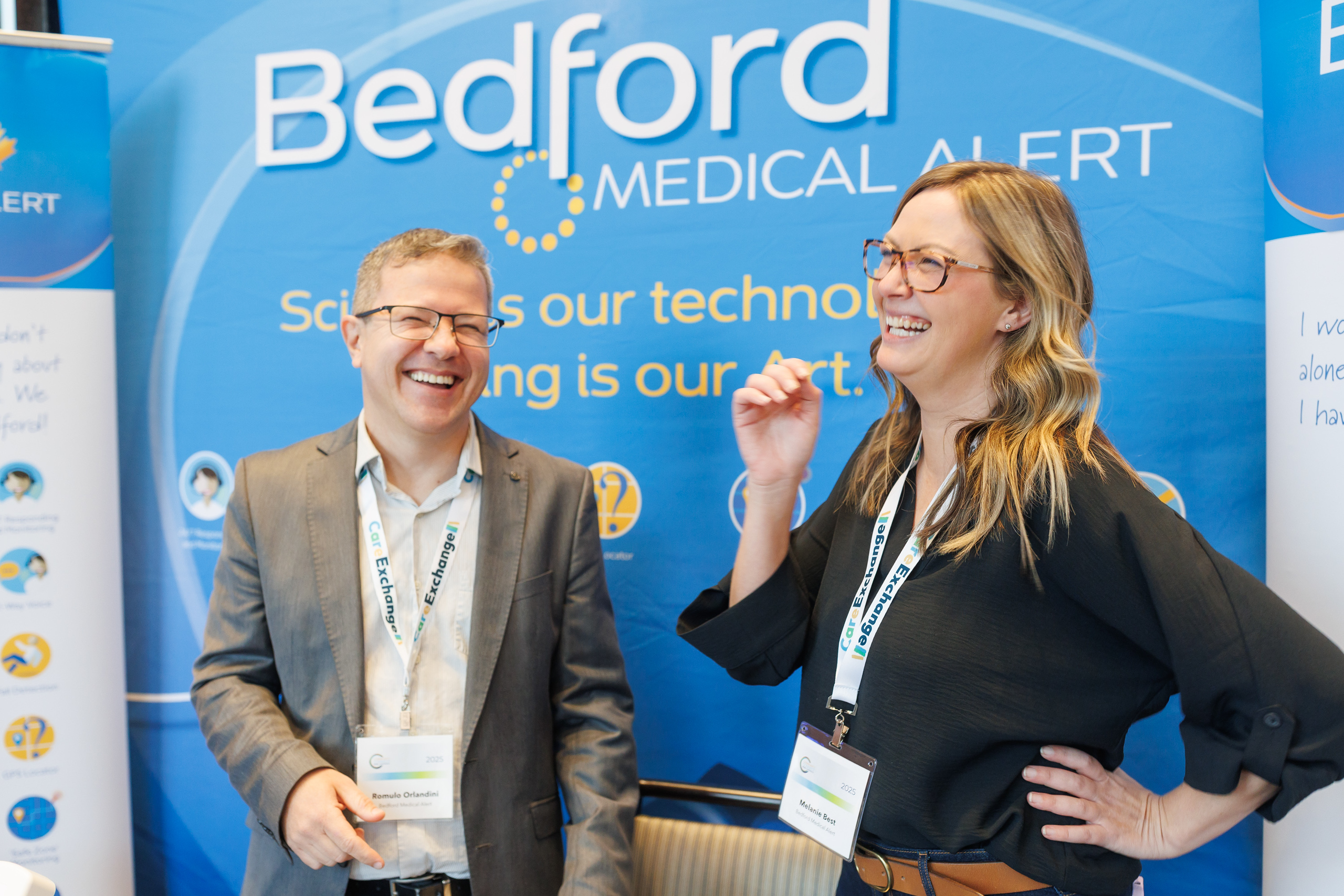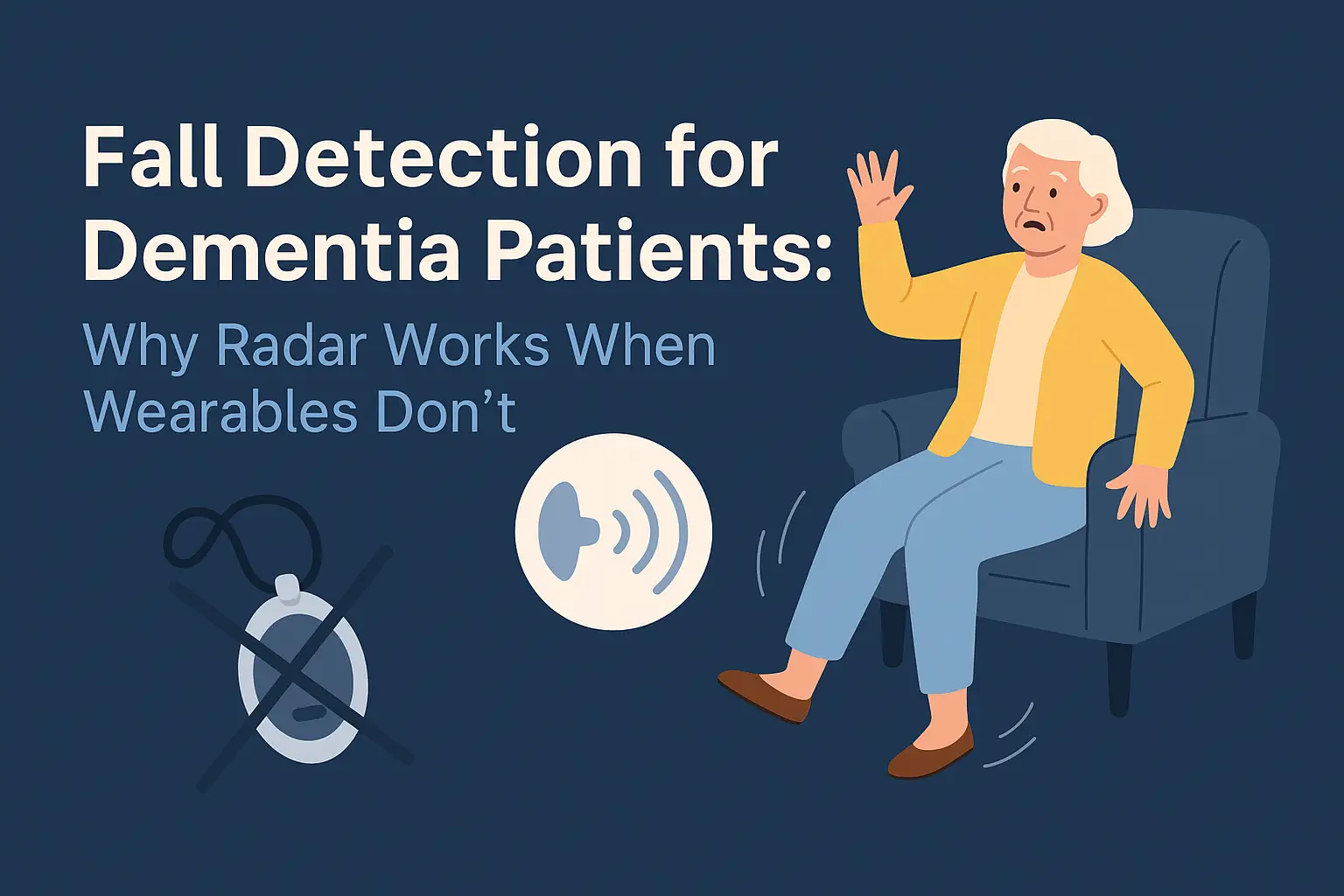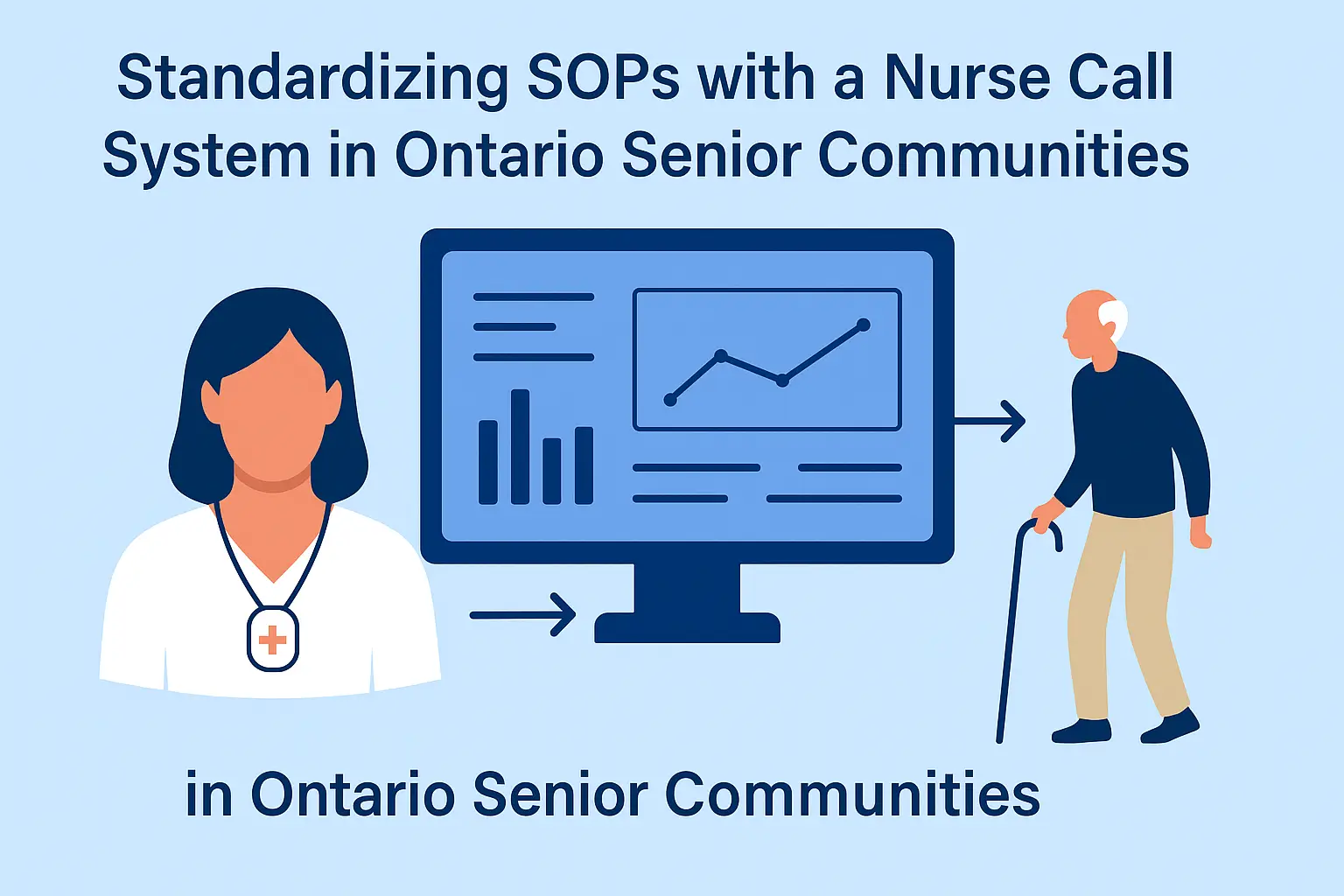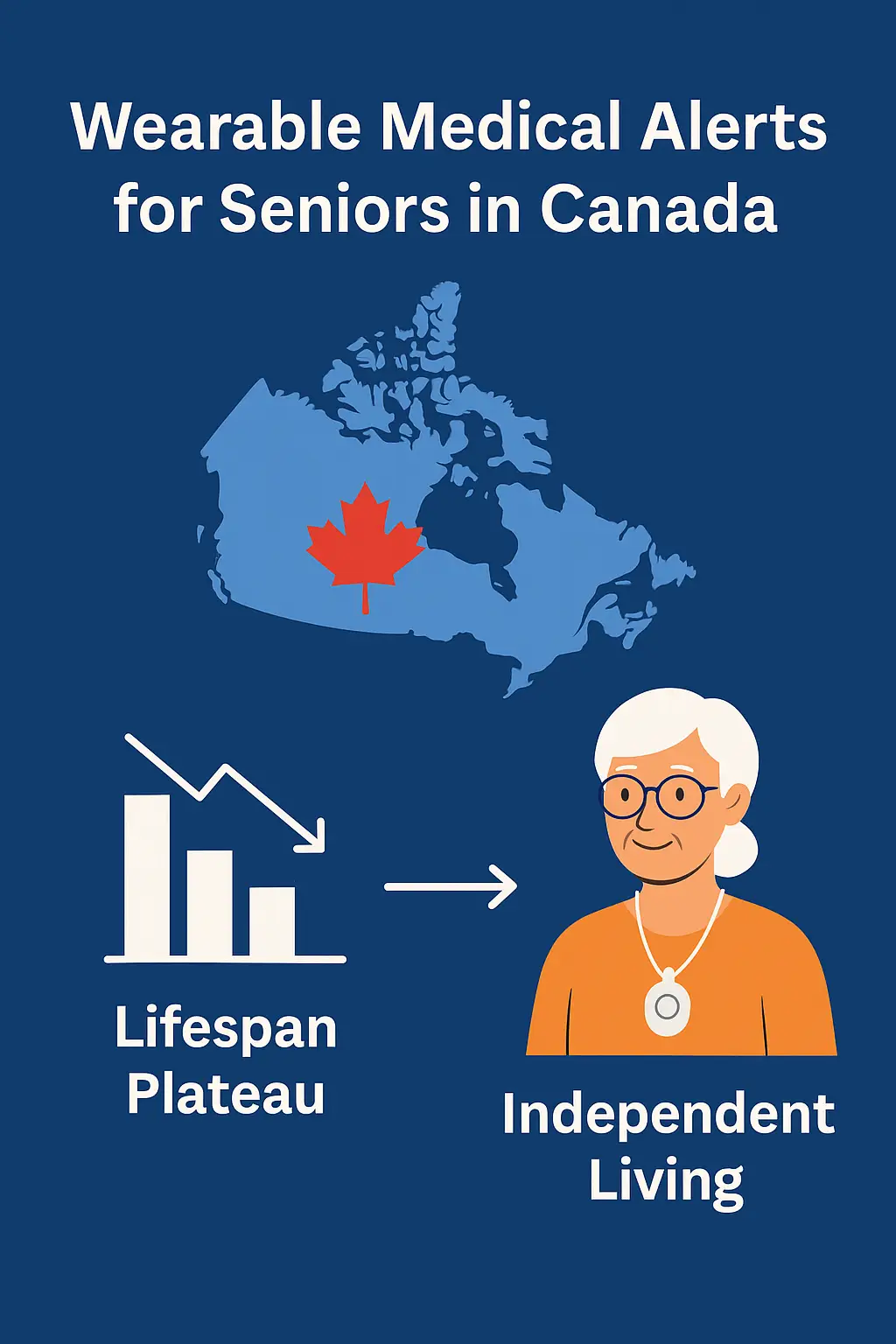Aging and Sleep: More Than Just Restless Nights
As we age, our sleep becomes more fragile. Seniors often report feeling less refreshed upon waking, experiencing more awakenings throughout the night, and spending less time in deep restorative sleep. These changes aren’t just anecdotal—they’re backed by decades of sleep science.
Here’s what’s really happening:
- Melatonin production decreases, especially after age 60. This hormone regulates the sleep-wake cycle, and reduced levels can lead to more shallow or fragmented sleep.
- The brain’s internal clock (circadian rhythm) weakens with age, causing older adults to feel sleepy earlier in the evening and wake up earlier in the morning – sometimes uncomfortably early.
- Sleep apnea and insomnia become more common, especially among seniors with chronic conditions, cognitive decline, or anxiety.
- Seniors spend less time in slow-wave sleep (SWS), the deepest, most restorative phase of sleep. This limits overnight physical recovery and makes them more prone to fatigue, confusion, and falls.
Put simply: sleep changes aren’t just inconvenient. For older adults, poor sleep can mean higher fall risk, lower alertness, and reduced independence.
Why Sleep Declines with Age
Understanding the biology behind age-related sleep changes helps explain why nighttime safety becomes a bigger concern for seniors:
- Neurochemical Shifts
The production of sleep-regulating neurotransmitters – like GABA and melatonin – slows down with age. This makes it harder for seniors to fall into a deep, continuous sleep. - Medical Conditions & Medications
Common age-related health conditions (like arthritis, bladder issues, diabetes, and cardiovascular disease) can cause pain or discomfort at night. Meanwhile, many medications – including beta blockers, antidepressants, and diuretics – may disrupt sleep quality or increase nighttime awakenings. - Increased Light Sleep
Seniors tend to spend more time in lighter stages of sleep, making them more likely to be awakened by noises, discomfort, or internal triggers (like the need to use the washroom). - Sleep Disorders
Sleep apnea and restless leg syndrome are more common in seniors and often go undiagnosed. These disrupt sleep architecture and increase the likelihood of nighttime confusion or accidents.
The Role of Wearable Medical Alert Devices
That’s where Bedford’s Home Freedom Fall Detection device plays a critical role in nighttime safety.
For seniors who experience sleep disturbances, getting out of bed multiple times each night can be risky—especially in the dark or when they’re groggy. Even simple tasks like reaching for a glass of water or walking to the bathroom can lead to serious falls.
The Home Freedom device offers:
- 24/7 Monitoring – even while asleep
- Automatic Fall Detection – triggers an alert without pressing a button
- Comfortable Wear – discreet, lightweight, and waterproof
- Peace of Mind for Families – real-time alerts and fast response
For families and caregivers, knowing that your loved one has fall protection while they sleep means one less thing to worry about at night.
Sleep Disruption + Fall Risk = Time for Smart Prevention
Poor sleep can lead to drowsiness, disorientation, and delayed reaction times – especially dangerous in the middle of the night. For seniors, a fall at 2 a.m. may go unnoticed for hours if they live alone or don’t have access to immediate assistance.
By wearing the Home Freedom device overnight, seniors gain an invisible layer of protection that’s always on—even if they’re confused, in pain, or unable to call out.
It’s not just about sleeping better – it’s about sleeping safer.
Tips to Improve Senior Sleep & Safety
If you’re caring for an aging parent or client, try these paired strategies:
- Create a calming evening routine and maintain a consistent bedtime
- Dim lights and reduce screen time before sleep
- Use night lights in bathrooms and hallways
- Encourage the use of wearable medical alert devices, like Home Freedom, especially during overnight hours
Don’t wait for a fall to trigger action. Invest in proactive sleep safety today.
Final Thoughts
Sleep disruption is a natural part of aging – but injury doesn’t have to be. With the right tools, seniors can continue to age in place while maintaining their independence and safety.
The Home Freedom Medical Alert System helps make that possible – quietly, comfortably, and confidently.
Compare our fall detection systems
Learn about GPS-enabled systems for safety on-the-go
Call us today: 1-888-755-3055
Download our free guide to supporting independent aging in Canada

